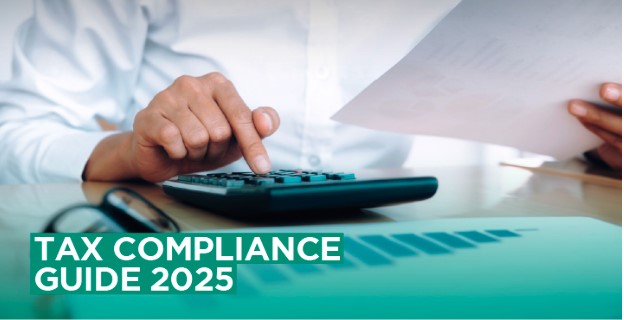Tax Compliance Guide for Freelancers and E-Commerce Sellers in Pakistan (2025)

If you’re freelancing or running an online store in Pakistan, taxes can feel like uncharted territory. You might be earning in dollars through Upwork or Fiverr, or selling products on social media or your own e-commerce site, but when it comes to tax compliance, one thing’s for sure: ignoring it isn’t an option anymore.
Let me walk you through exactly what you need to know in 2025 to stay on the right side of the law without the headache.
Why Tax Compliance Should Be Your Priority
In recent years, the FBR has gone digital and aggressive. They’re monitoring bank transactions, mobile wallet activity, and international payments more closely. If you’re earning even modestly and not filing taxes, there’s a real chance of penalties, notices, or blocked accounts.
Here’s why you need to act:
- Legal safety: Avoid audits and legal notices.
- Business credibility: Opens doors to formal banking and funding.
- Peace of mind: Scale freely without tax stress.
Who Needs to File Taxes in 2025?
Ask yourself:
- Am I earning Rs. 600,000+ per year?
- Am I getting payments from clients (local or foreign)?
- Do I sell digital or physical products online?
If the answer is yes to even one, you’re required to comply — whether you’re registered yet or not.
Freelancers fall under income tax rules, while sellers may also deal with sales tax, especially when selling physical products across provinces.
Freelancer Tax: The Basics
For freelancers working with platforms like Upwork, Fiverr, or direct clients:
- Register for an NTN via the FBR’s online portal.
- Keep income records (Payoneer/Wise/bank statements).
- File your annual tax return, even if you fall below the taxable threshold.
- Pay advance tax if your income exceeds the taxable limits.
Need expert help with your tax matters? Get Secure accurate, compliant, and stress-free filings with Tax Consultancy Services from PakTaxCalculator.pk.
E-Commerce Sellers & Sales Tax
If you’re selling products online — whether via your own site, Daraz, or Instagram — you may need to:
- Register for a Sales Tax Number (STRN).
- File monthly sales tax returns.
- Maintain proper invoices and inventory records.
This applies to small businesses too, especially if you scale up or cross provincial borders with deliveries.
Pro Tips for Staying Tax Compliant in 2025
- Start now: Don’t wait for a tax notice to act.
- Track everything: Income, expenses, client payments.
- Digitize documents: Invoices, receipts, bank records.
- Use tools and consultants: They save time and prevent costly mistakes.
Final Thoughts
Tax compliance isn’t a burden — it’s a smart business move. Whether you’re freelancing full-time or building a Shopify brand, getting registered and staying compliant is key to long-term growth.
If you want to understand how your work fits into the bigger picture, check out the evolving tax policies in Pakistan to stay updated with current regulations and reforms.
